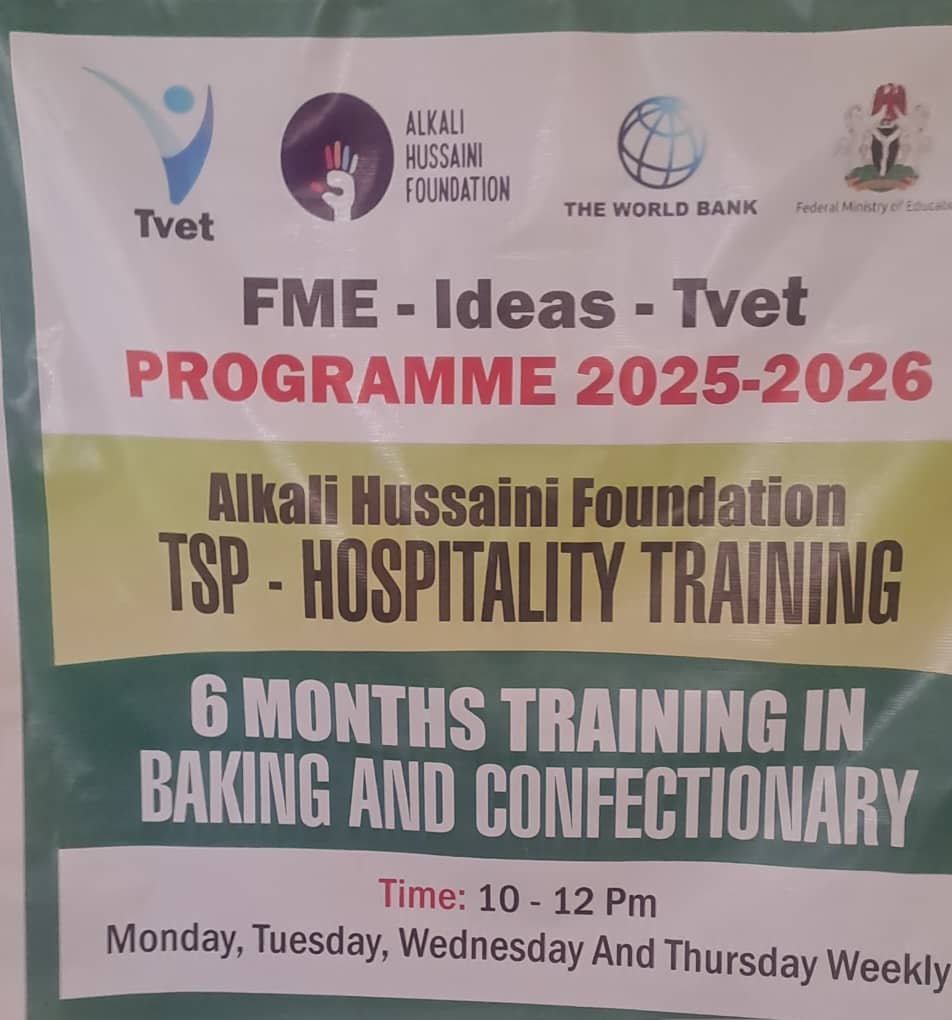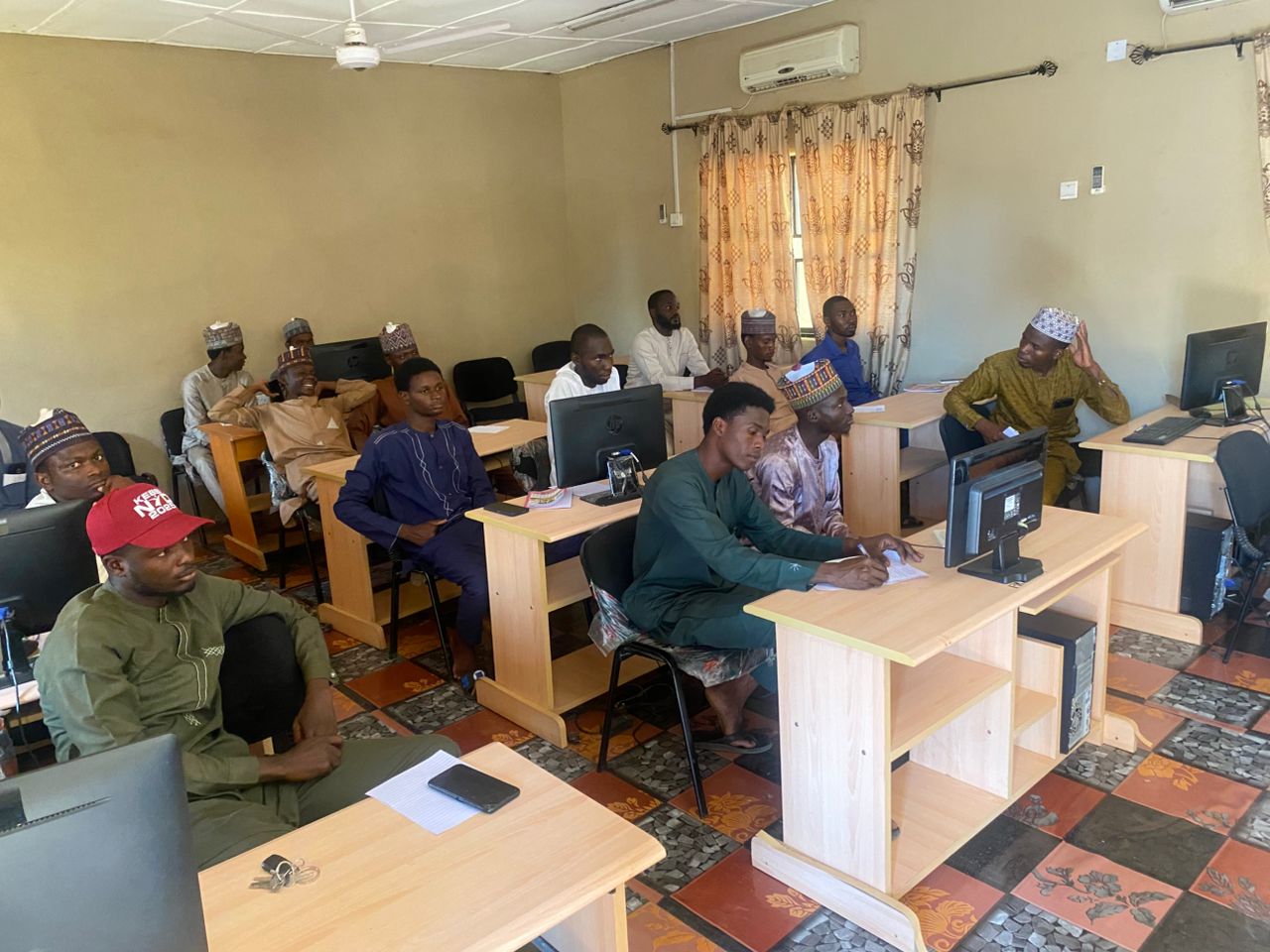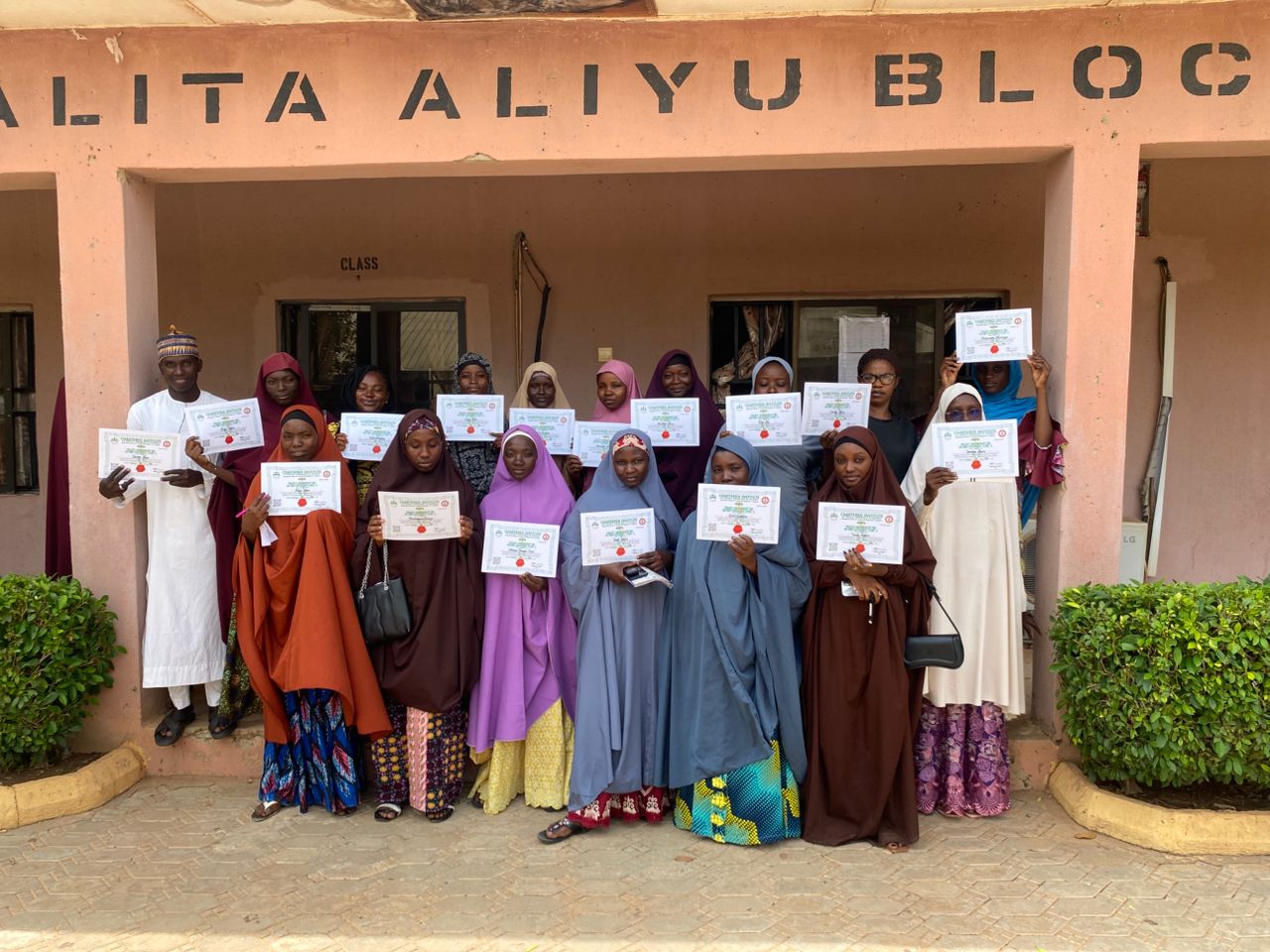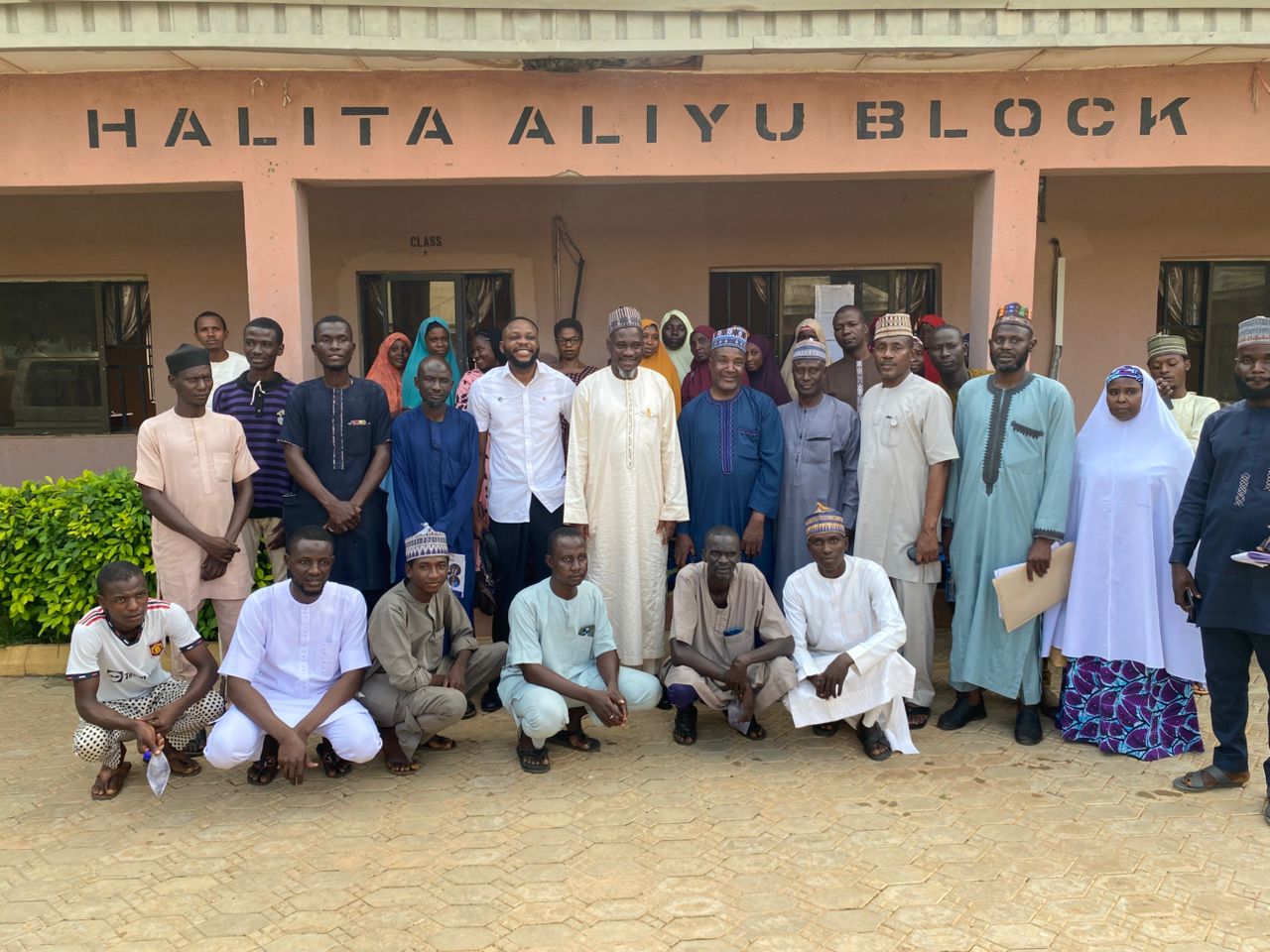
Moving our communities forward...
OVER 6 COMMUNITIES IMPACTED SO FAR
Alkali Hussaini Foundation Has Educated, Intervened, Trained and Empowered
The Less Privileged For A Better Society
ABOUT USMoving our communities forward...
Alkali Hussaini Foundation Has Educated, Intervened, Trained and Empowered
The Less Privileged For A Better Society
ABOUT US


